THE ORIGINS OF BLACK HISTORY MONTH

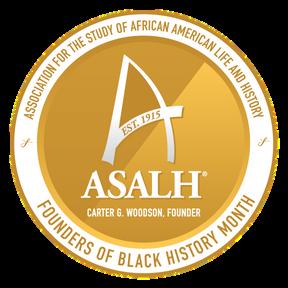

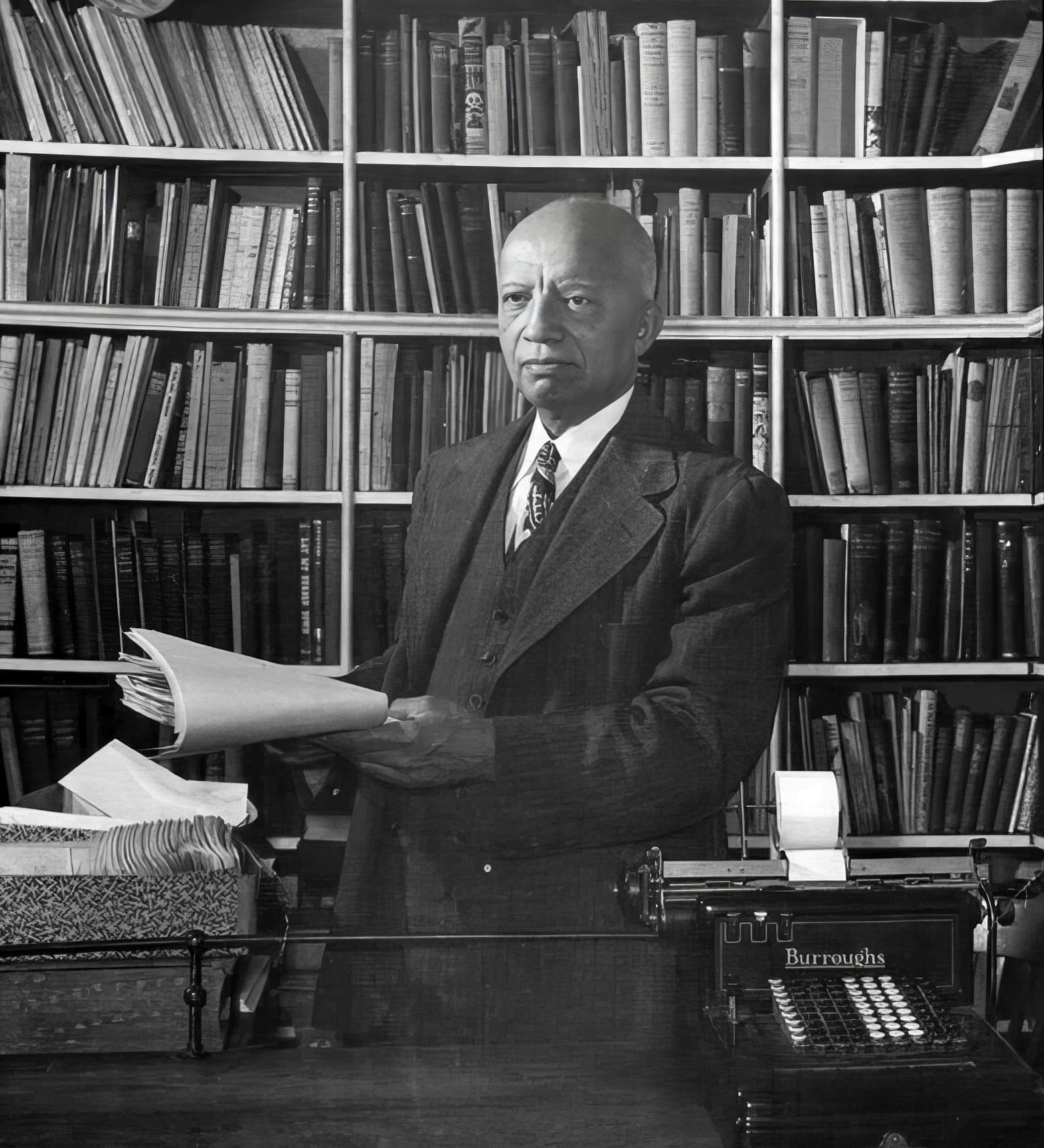








An alumnus of the University of Chicago with many friends in the city, Carter G. Woodson traveled from Washington, D.C. to participate in a national celebration of the fiftieth anniversary of emancipation sponsored by the state of Illinois.
Thousands of African Americans travelled from across the country to see exhibits highlighting the progress their people had made since the destruction of slavery Awarded a doctorate in Harvard three years earlier, Woodson joined the other exhibitors with a black history display Despite being held at the Coliseum, the site of the 1912 Republican convention, an overflow crowd of six to twelve thousand waited outside for their turn to view the exhibits Inspired by the three-week celebration, Woodson decided to form an organization to promote the scientific study of black life and history before leaving town



Woodson chose February for reasons of tradition and reform. It is commonly said that Woodson selected February to encompass the birthdays of two great Americans who played a prominent role in shaping black history, namely Abraham Lincoln and Frederick Douglass, whose birthdays are the 12th and the 14th, respectively. More importantly, he chose them for reasons of tradition. Since Lincoln’s assassination in 1865, the black community, along with other Republicans, had been celebrating the fallen President’s birthday. And since the late 1890s, black communities across the country had been celebrating Douglass’. Well aware of the pre-existing celebrations, Woodson built Negro History Week around traditional days of commemorating the black past. He was asking the public to extend their study of black history, not to create a new tradition. In doing so, he increased his chances for success.
SEPTEMBER 9, 1915
On September 9th, Woodson met at the Wabash YMCA with A. L. Jackson and three others and formed the Association for the Study of Negro Life and History (ASNLH).
A graduate member of Omega Psi Phi, he urged his fraternity brothers to take up the work. In 1924, they responded with the creation of Negro History and Literature Week, which they renamed Negro Achievement Week.
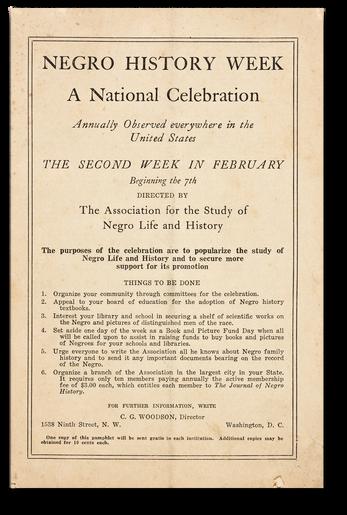
In 1937, at the urging of Mary McLeod Bethune, Woodson established the Negro History Bulletin, which focused on the annual theme. As black populations grew, mayors issued Negro History Week proclamations, and in cities like Syracuse progressive whites joined Negro History Week with National Brotherhood Week.
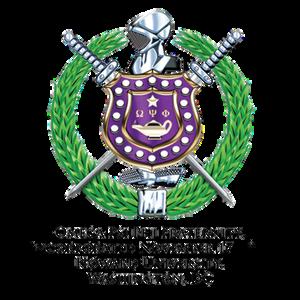
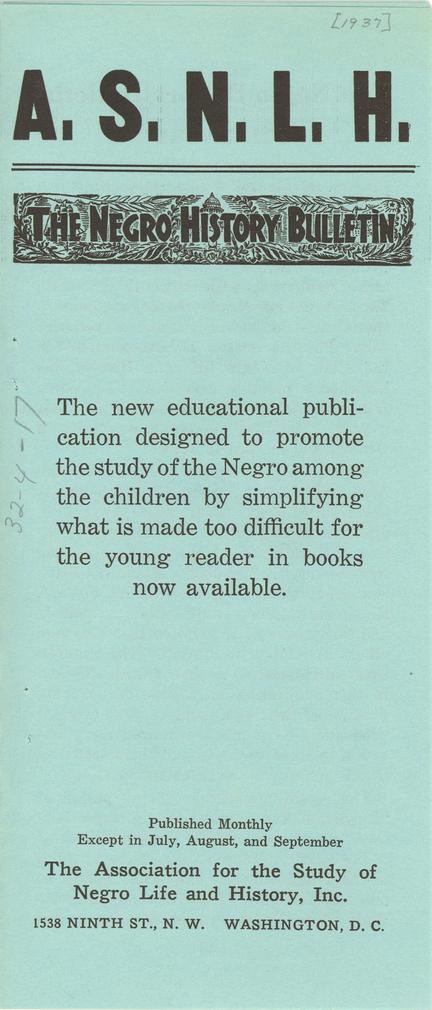
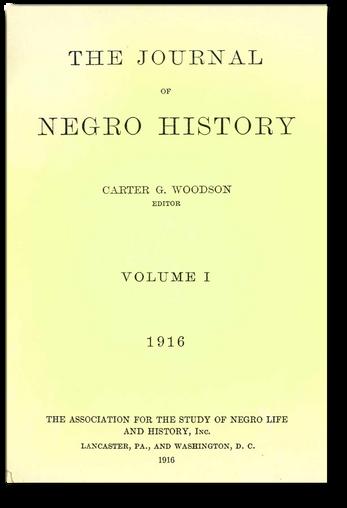

Dr. Woodson sends out a press release announcing Negro History Week in February, 1926.

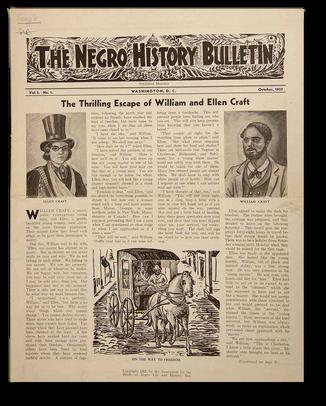
Mary McLeod Bethune
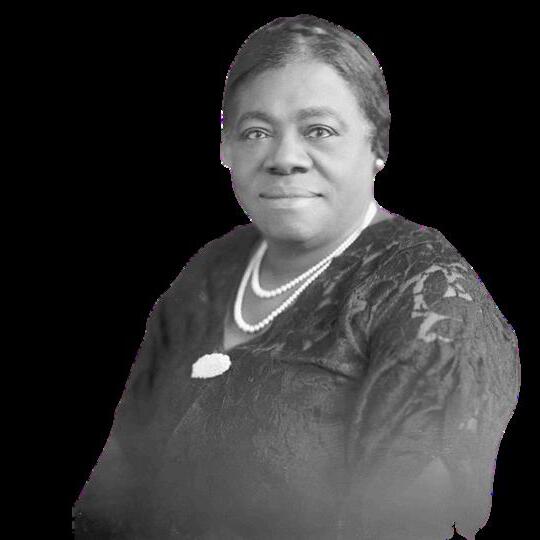
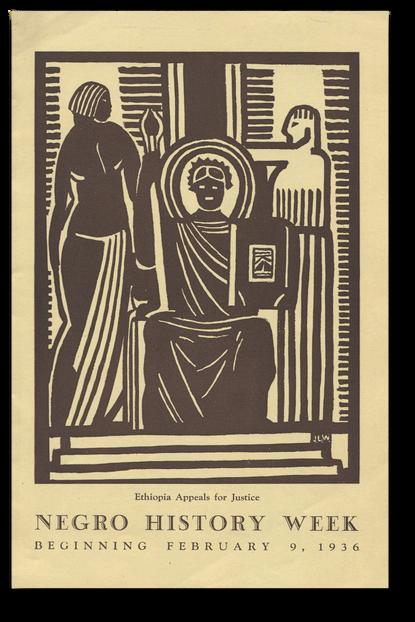
Negro History
1936 Cover d
Loïs Mailou J

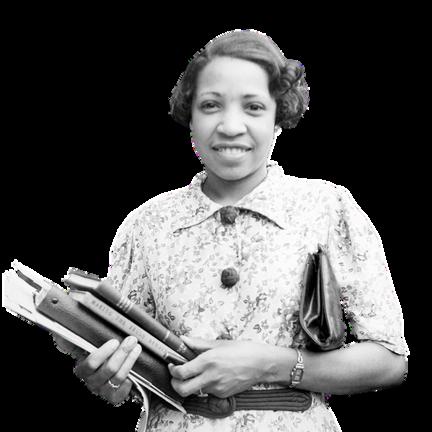

In the 1940s, efforts began slowly within the black community to expand the study of black history in the schools and black history celebrations before the public In the South, black teachers often taught Negro History as a supplement to United States history One early beneficiary of the movement reported that his teacher would hide Woodson’s textbook beneath his desk to avoid drawing the wrath of the principal During the Civil Rights Movement in the South, the Freedom Schools incorporated black history into the curriculum to advance social change The Negro History movement was an intellectual insurgency that was part of every larger effort to transform race relations
Like most ideas that resonate with the spirit of the times, Negro History Week proved to be more dynamic than Woodson or the Association could control By the 1930s, Woodson complained about the intellectual charlatans, black and white, popping up everywhere seeking to take advantage of the public interest in black history He warned teachers not to invite speakers who had less knowledge than the students themselves Increasingly publishing houses that had previously ignored black topics and authors rushed to put books on the market and in the schools Instant experts appeared everywhere, and non-scholarly works appeared from “mushroom presses ” In America, nothing popular escapes either commercialization or eventual trivialization, and so Woodson, the constant reformer, had his hands full in promoting celebrations worthy of the people who had made the history
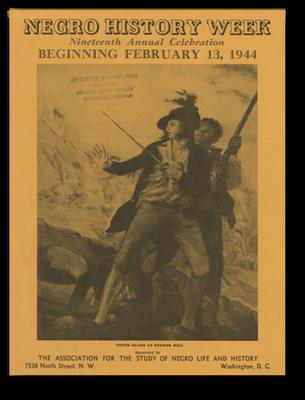
Negro History Week booklet, 1944.

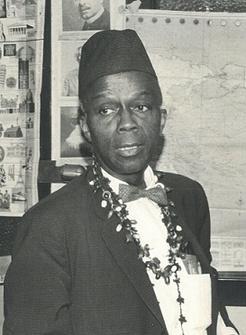
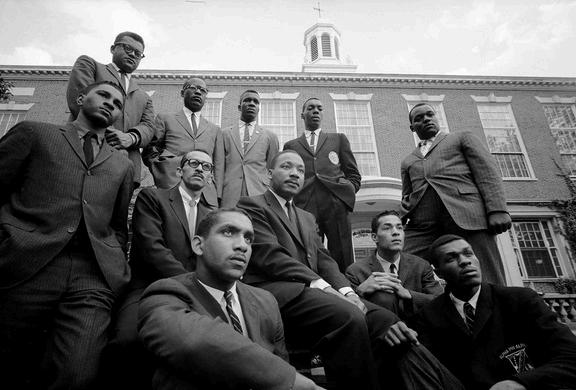
In 1976, fifty years after the first celebration, the Association used its influence to institutionalize the shifts from a week to a month and from Negro history to black history Since the mid-1970s, every American president, Democrat and Republican, has issued proclamations endorsing the Association’s annual theme
The 1960s had a dramatic effect on the study and celebration of black history Before the decade was over, Negro History Week would be well on its way to becoming Black History Month The shift to a month-long celebration began even before Dr Woodson death As early as 1940s, blacks in West Virginia, a state where Woodson often spoke, began to celebrate February as Negro History Month In Chicago, a now forgotten cultural activist, Fredrick H. Hammaurabi, started celebrating Negro History Month in the mid1960s Having taken an African name in the 1930s, Hammaurabi used his cultural center, the House of Knowledge, to fuse African consciousness with the study of the black past By the late 1960s, as young blacks on college campuses became increasingly conscious of links with Africa, Black History Month replaced Negro History Week at a quickening pace Within the Association, younger intellectuals, part of the awakening, prodded Woodson’s organization to change with the times. They succeeded.
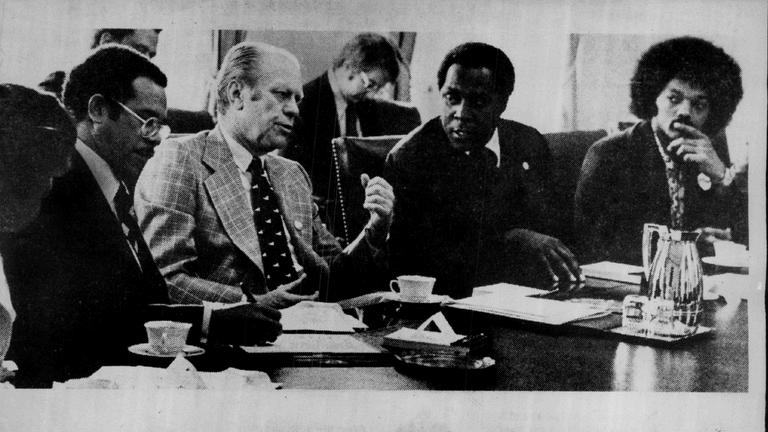

Explore Black history


Support Black-owned businesses
Read books or stories written by Black authors

Commit to beyond February
Watch

Learn about Black leaders



Organize educational events


"Those who have no record of what their forebears have accomplished lose the inspiration which comes from the teaching of biography and history."
- Carter G. Woodson
What Carter G. Woodson would say about the continued celebrations is unknown, but he would smile on all honest efforts to make black history a field of serious study and provide the public with thoughtful celebrations
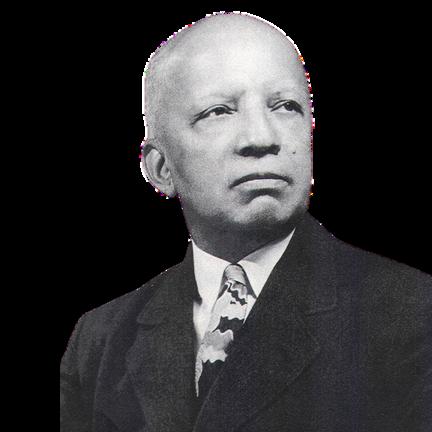
Established on September 9, 1915, by Dr. Carter G. Woodson, we are the Founders of Black History Month and carry forth the work of our founder, the Father of Black History.
We continue his legacy of speaking a fundamental truth to the world–that Africans and peoples of African descent are makers of history and coworkers in what W E B Du Bois called, “The Kingdom of Culture ” ASALH’s mission is to create and disseminate knowledge about Black History, to be, in short, the nexus between the Ivory Tower and the global public. We labor in the service of Blacks and all humanity.
ASALH is the world’s oldest learned society devoted to the research, education, culture, and history of people of African descent Dr Carter G Woodson is the recognized “Father” of Black history From its inception, ASALH has remained the paramount organization dedicated to promoting scholarship involving the life and history of African Americans.

